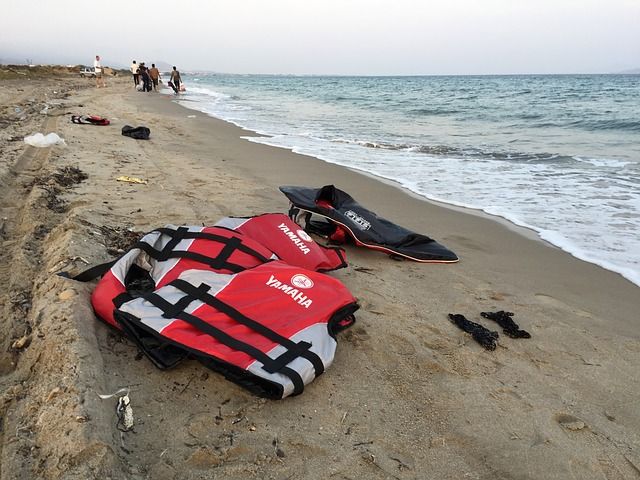EU countries agree “mechanism” to handle migrants and refugees

Interior and foreign ministers, as well as officials from the European Commission and the UN Refugee Agency (UNHCR), met in Paris on Monday in an effort to find a mechanism which will enable refugees to be equally distributed across the European continent.
Fourteen EU member states, including France, Germany, Finland, Luxemburg, Portugal, Lithuania, Croatia, and Ireland, signaled their intention to move forward with a new system.
Italy’s far-right interior minister, Matteo Salvini, did not take part in the meeting. The country’s government insists it is currently bearing the brunt of the refugee problem with little help from its EU partners and has closed ports to NGO rescue boats.
Jesús Fernández-Huertas Moraga warned in his 2016 IZA World of Labor article that “[t]he unequal distribution of refugees across countries could unravel the international refugee protection system or, in the case of the EU, hinder a common policy response to refugee crises.”
Moraga’s article recommends a market for tradable refugee admission quotas combined with a matching mechanism linking refugees and receiving countries: “The system would distribute refugees to the countries where it is less costly to host them, while ensuring that refugee rights are respected, in the sense that no refugee would be forced to relocate to an undesired destination.
“This would address one of the main deficiencies of the international system of refugee protection," he says "which is that most of the responsibility for protecting refugees falls on a few selected countries (typically the neighbors of conflict countries), while the benefit from this protection extends to the whole world. Economic theory tells us that there is no need for this to be the case. Frontline countries could be compensated by involving more far-away or unwilling countries, either on financing costs or on hosting refugees themselves.”
Specifics of the new mechanism agreed at Monday’s meeting have not so far been released, but Macron said the new initiative would be ”quick” and “automatic.”